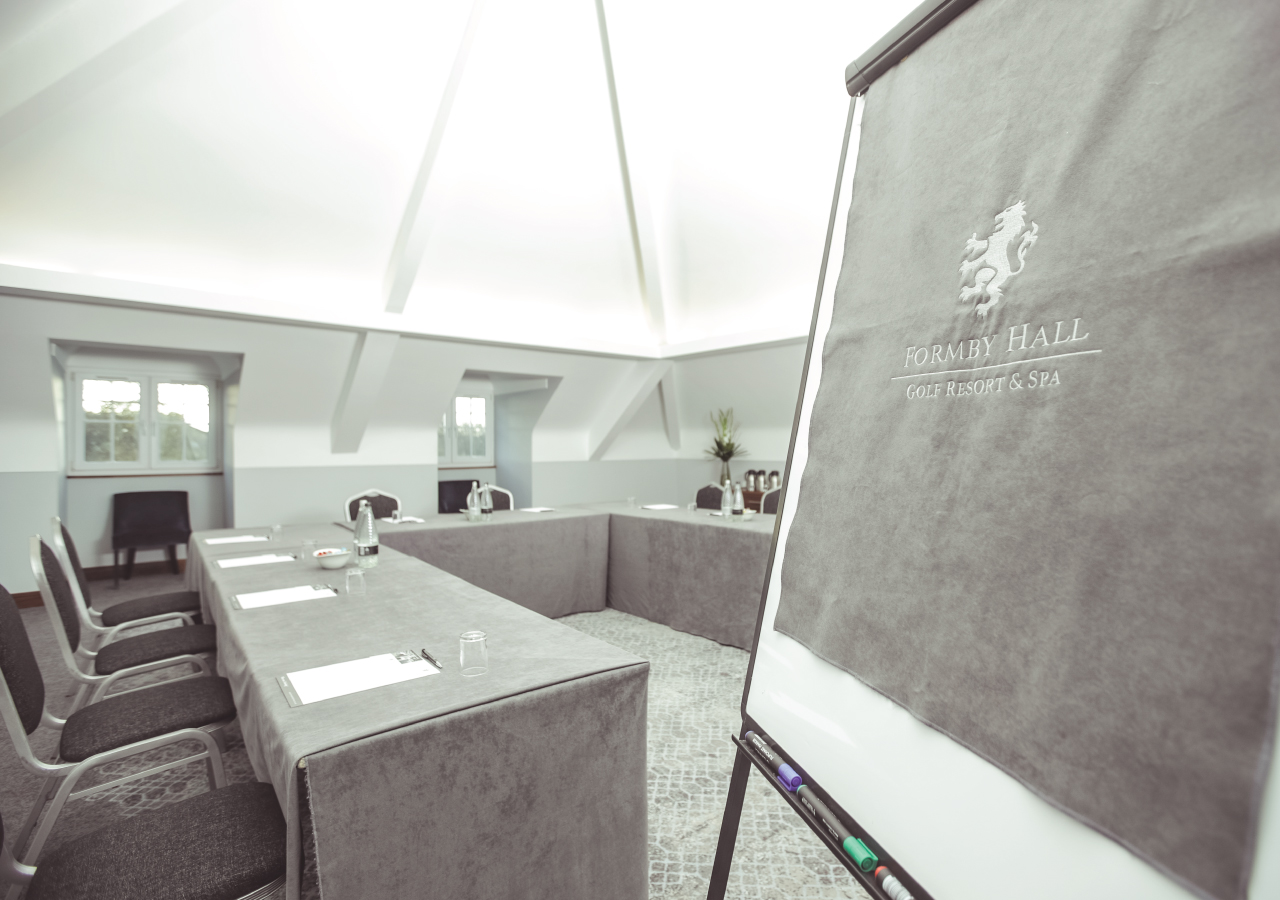The far-reaching impact of the credit crunch is being felt in the event sector, with venues across the UK reporting falling attendance rates and hotels noticing decreasing occupancy levels. In an attempt to stem the tide of economic uncertainty, event venues are looking to boost their conference facilities as the number of arts and music events see ticket sales dwindle.
A higher cost of living caused by rising fuel bills, food prices and mortgage payments are prompting households to tighten their belts and limit their spending. The diminishing disposable income available to most people now means that so-called luxuries such as a trip to the theatre or a weekend holiday break are being sacrificed.
Sheffield City Hall is one venue particularly hit by the current financial turmoil in the markets. The grade II listed building was extensively renovated in 2005 at a cost of £12.5 million to transform it into a multi-purpose, state-of-the-art venue. The hall now boasts a ballroom with a sprung dance floor, a 500-seater Memorial Hall and is home to the Oval Concert Hall which seats over 2,000 people.
In light of the changing financial circumstances of people who usually attend events and performances, Sheffield Town Hall is re-directing the focus of the venue to corporate events in order to ensure it remains financially viable. Director of culture Paul Billington explains: "Promoters on the national circuit are displaying a high level of caution at the moment, possibly concerned about the effects of the credit crunch."
"The refurbishment of the venue [was] based partly on the aim of increasing business tourism, and the numbers of conferences and other business events have increased from 102 to 194, boosting Sheffield's economy by an estimated £4.1 million."
South Yorkshire is not the only region experiencing a downturn. Hotels in Scotland are reporting lower than average occupancy rates due to businesses curtailing their spending on conferences.
In a regular survey to measure room yield - the venue sector's measurement of revenue per available room - business adviser PKF found that rates plunged by ten per cent in Scotland. Alastair Rae, a partner in the hospitality and leisure sector at PKF cautioned against any panic, pointing out: "Both occupancy and room yield were very high in 2007, so the figures are reducing after a particularly successful year."
He did concede, however, that: "There is growing evidence that corporate spending on travel is being curtailed. Business customers tend to spend more in the hotel and hence raise the rooms yield rate."
Despite the gloomy forecast of reduced conference-spending, there were exceptions to the downturn. Aberdeen was buoyed by the strength of the oil industry, leaving room yields just 1.8 per cent below 2007 levels and Edinburgh maintained its position as having the highest room yield outside London.
Conference events remain crucial to the event and hospitality sector. Speaking to business.scotsman.com, Rae was confident that the hotel sector in Scotland would continue to attract fresh corporate investment, making it a "profitable and important contributor to the economy".






